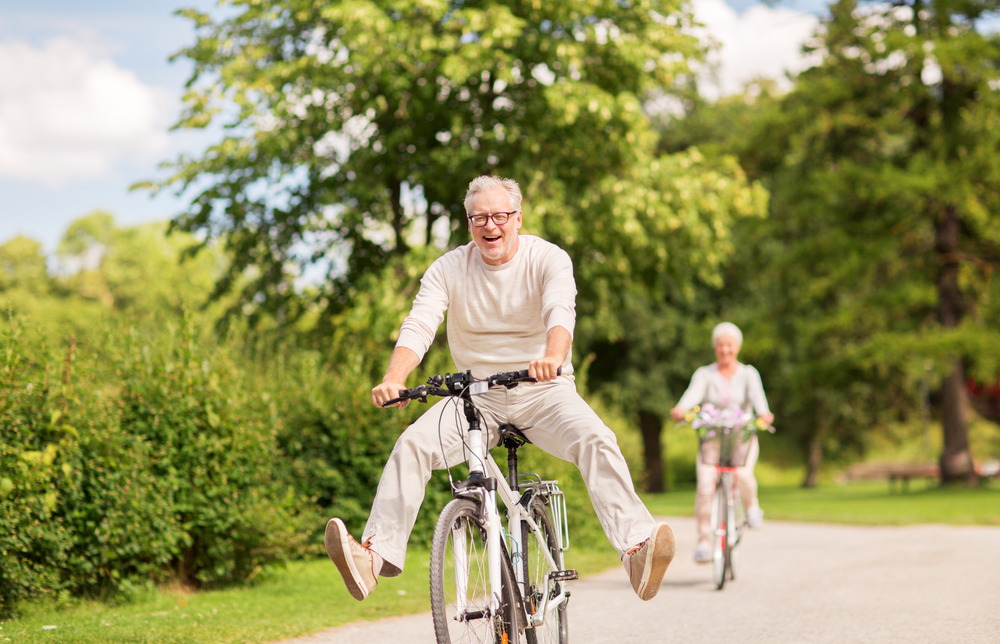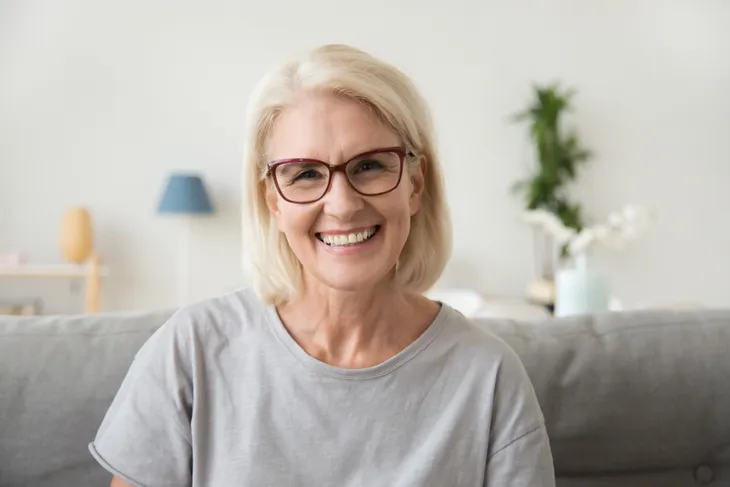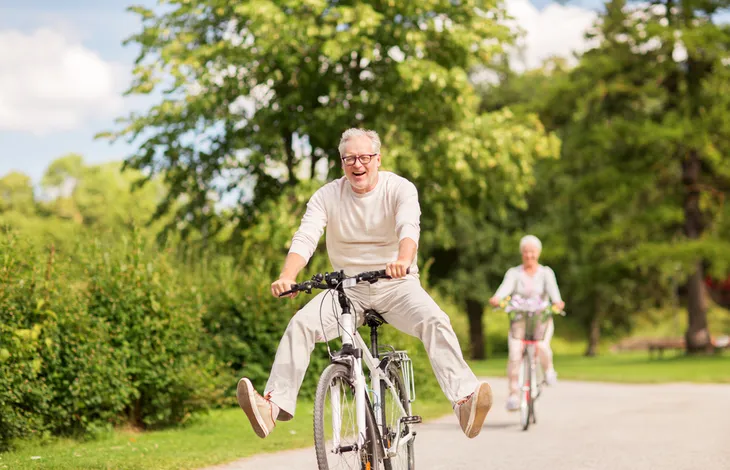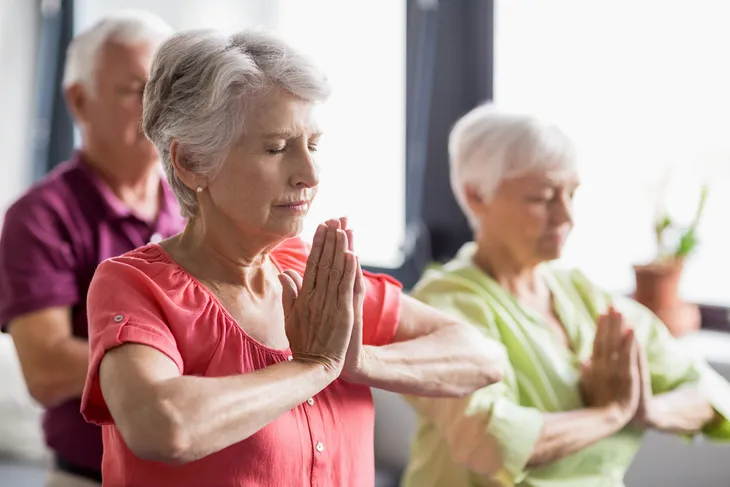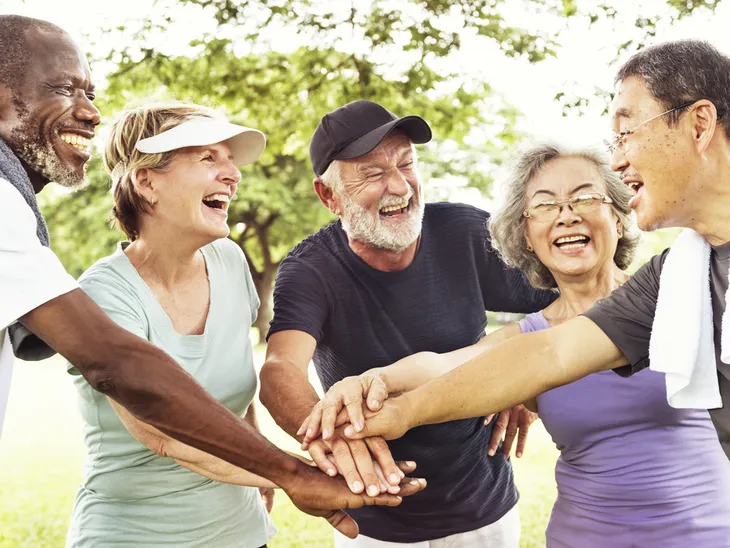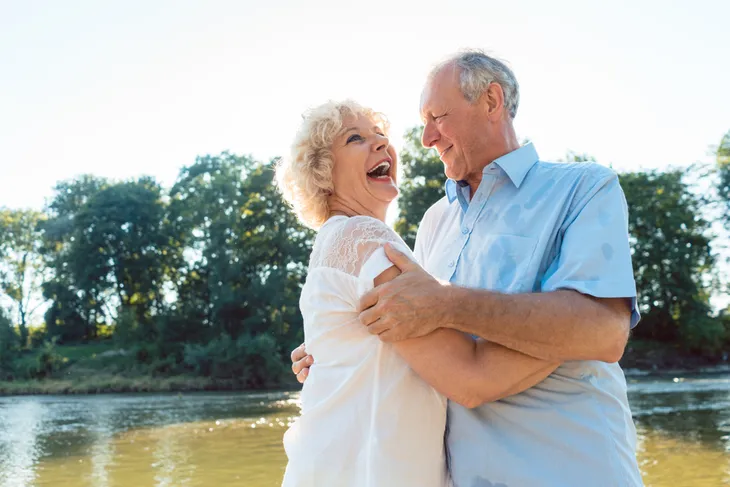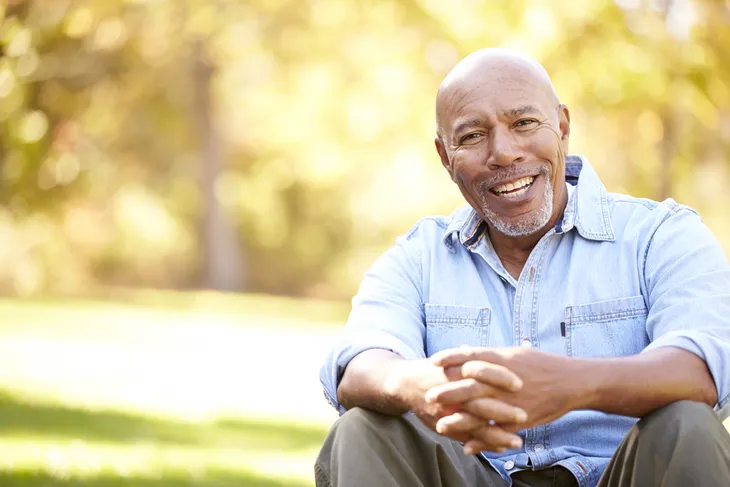Just how difficult is it to grow old? The answer to that question depends on who you ask. That’s because many Americans have adopted several incredibly useful strategies that help them feel young, both mentally and physically.
In case you’re wondering, few of these strategies involved using wrinkle creams, getting plastic surgery, or injecting botox into various parts of the body. Generally speaking, the key seems to be eating well, stay active, and keeping a positive outlook about the present and the future…
Set Healthy Goals
Setting clear goals for yourself can be an important part of establishing a productive daily regimen that will make you feel physically and mentally fulfilled. In contrast, living life in a wayward, goal-free manner could leave you feel lost.
That’s why it’s important to set goals as you age. For example, focus on finishing the bike race coming up later this summer. Resolve yourself to finish writing that book you’ve been working on. Re-adopt a long forgotten hobby. Or take a course at the local college. In the end, such goals will help you stay positive and looking forward to the future.
Keep a Positive Outlook
Arguably, the most important tip for feeling good as you age is to keep a positive outlook. This study, from the National Institutes of Health showed that of 100,000 women, those who expressed being optimists were about 30 percent less likely to die of heart disease.
It’s also worth noting that a positive outlook can affect your relationships. By developing a sour attitude towards life and those around you, you can—intentionally or not—push friends and family away. And that can make the aging process a lot harder than it needs to be.
Forget Age Requirements
When you were a child, you ran all over the neighborhood laughing and giggling from morning to night. But as you got older, various sources—from parents to friends or even TV—suggested that teens and adults should act differently. As the years went by, you probably came to understand that each age group is associated with a certain type of behavior.
However, the key to feeling young in your older years is to blow up those age restrictions. Just because a lot of people expect older adults to remain quiet and docile doesn’t mean you need to spend your golden years acting like a zombie. Get out, be active, travel, and have fun with friends and family. In short, do all of the things you did when you were younger.
Remember Health Problems Can Improve
Few things can leave us feeling depressed like a challenging health condition. Being diagnosed with a life-threatening illness or even a condition that affects your mobility, can lead to the rapid and serious development of depression. If ignored, this shift could completely change one’s outlook on life.
That’s why it’s so important to remember that health matters can change. Diseases can be beaten. Illnesses can go away. Doctors can be wrong. And medical research is constantly discovering new ways to help us overcome health problems and go back to living happy and healthy lives.
Do it Yourself
As the body ages, sometimes we need to turn to mobility aids to help us get around. But it’s important to avoid using these devices, such as scooters or motorized wheelchairs, unless it’s absolutely necessary.
The problem is that we can become overly dependent on mobility aids. Why? Put simply, they can make getting around easier. But that can have a negative effect on the mind and body. For instance, it could cause muscles to weaken and the mind to forget a time when you didn’t need such assistance.
Keep the Mind Busy
Many Americans spend years, even decades, looking forward to their retirement. And why not? Who wouldn’t want to give up the daily commute, stress-filled meetings, and quarterly performance reviews in favor of spending the days relaxing around the house.
The problem is, shifting from a lifestyle that challenges the mind—such as working all week in a busy office—to relaxing round the clock could have a negative affect on our minds and outlooks. It could also lead us to become more introverted, rarely visiting friends, family or former co-workers. So consider staying physically, mentally, and socially active in your retirement years.
Ignore Stereotypes
The overwhelming perception of old people, unfortunately, is that they’re often cranky, confused, and generally unpleasant to be around. That, we all know, could not be further from the truth. Let’s face it: there are no more insufferable older people than young people in America today.
Remember this even when the media portrays older people in the wrong light. Focus on the positive images around you, starting with the active, happy, and remarkably capable older people in your life. (For more on aging and stereotypes, check out our article Debunking Common Myths About Aging).
Remember, There’s Value in Aging
It can be easy to focus on the drawbacks of aging—most notably, the slow decline of physical capabilities. However, for many older adults the mind remains remarkably strong and, in many ways, has a lot to offer younger people in search for advice.
Keep in mind that older adults have experienced far more than their children or grandchildren. They’ve seen the economy go up and down. They’ve seen all different types of politicians come and go. They’ve felt love and they’ve felt the loss of love. In short, they know a lot about this world and how it works.
